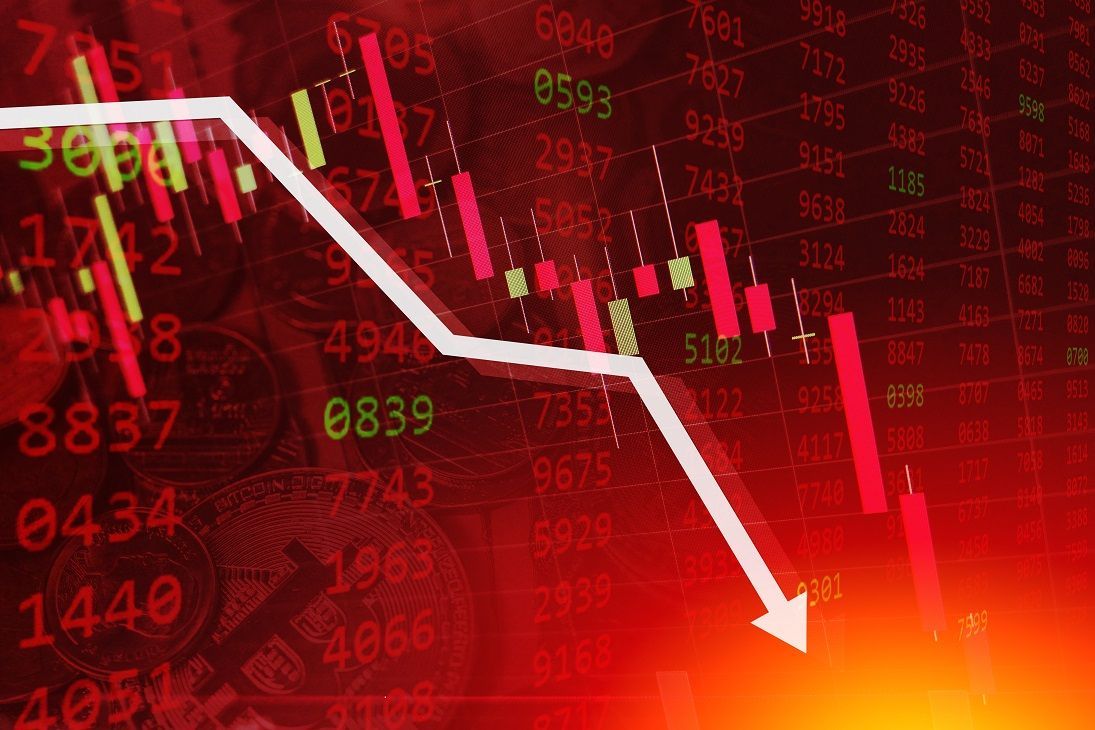Viva Resa: Your Gateway to Insightful Living
Discover news, trends, and tips for a vibrant lifestyle.
Why Your Coffee Budget is Sabotaging Your Stock Portfolio
Discover how your daily coffee habit could be draining your stock portfolio and learn smart budgeting tips to boost your investments.
The Hidden Costs: How Your Daily Coffee Habit Impacts Your Investment Potential
Many people enjoy their daily coffee ritual, but have you ever considered the hidden costs associated with this seemingly benign habit? The average cup of coffee can cost anywhere from $2 to $5, depending on where you purchase it. If you grab a coffee every day of the workweek, that's approximately $40 to $100 per month. Over a year, this adds up significantly, potentially diverting funds from your saving and investment goals. Instead of enjoying a cup from a cafe, consider brewing your own coffee at home, which can cost a mere fraction of what you'd spend at a coffee shop.
Furthermore, there are long-term implications to consider. If you were to invest that money instead of spending it on daily coffee, you could witness a substantial growth in your investment portfolio over time. For instance, investing just $100 a month into a retirement account with an average annual return of 7% could result in nearly $75,000 in 30 years. This stark comparison highlights how your daily coffee habit may be impacting your financial future in ways you never expected. Reassessing your expenses can open the door to greater investment potential and financial freedom.

Brewing Profits: Can Cutting Your Coffee Budget Boost Your Stock Returns?
In today's fast-paced financial landscape, finding innovative ways to improve your stock returns is essential. One intriguing strategy is to evaluate your daily expenditures, particularly on coffee. By cutting your coffee budget, you may not only save money but also redirect those funds into investments. For example, if you typically spend $5 a day on your daily brew, that adds up to $150 a month. If you invest that amount wisely, you could potentially see significant growth in your stocks over time. This approach doesn't just conserve cash, it embodies a mindset of prioritizing long-term gains over short-term pleasures.
Moreover, the cumulative effect of frugal spending can be substantial. Consider the concept of compounding returns: by saving and investing those small daily expenditures, you allow your funds to grow exponentially. Over a year, this seemingly minor adjustment could lead to an additional $1,800 being directed towards your investment portfolio. If achieved consistently, these savings could transform your financial trajectory. Thus, cutting your coffee budget isn't merely about being frugal; it's a strategic decision that empowers you to brew profits and amplify your stock returns.
Is Your Caffeine Fix Undermining Your Financial Goals?
Coffee, tea, and energy drinks have become staples in our daily routines, yet many fail to recognize the potential financial implications of their caffeine consumption. Is your caffeine fix undermining your financial goals? A seemingly innocuous daily visit to your local coffee shop can quickly add up, costing you hundreds or even thousands of dollars each year. For instance, consider the cost of a $5 latte consumed five days a week—this simple habit would amount to over $1,300 annually. By evaluating your caffeine expenses, you may find opportunities to redirect those funds towards savings or investments.
Moreover, the impact of excess caffeine goes beyond just its monetary cost; it can also influence your productivity and decision-making abilities. Increased reliance on caffeine can lead to energy crashes and jitters, subsequently affecting your focus and output. This fluctuation can hinder your ability to pursue financial goals effectively, such as developing a budget or researching investment opportunities. Instead of reaching for that fourth cup of coffee, consider opting for healthier energy-boosting methods like exercise or hydration. With these adjustments, you can support both your health and your financial objectives.